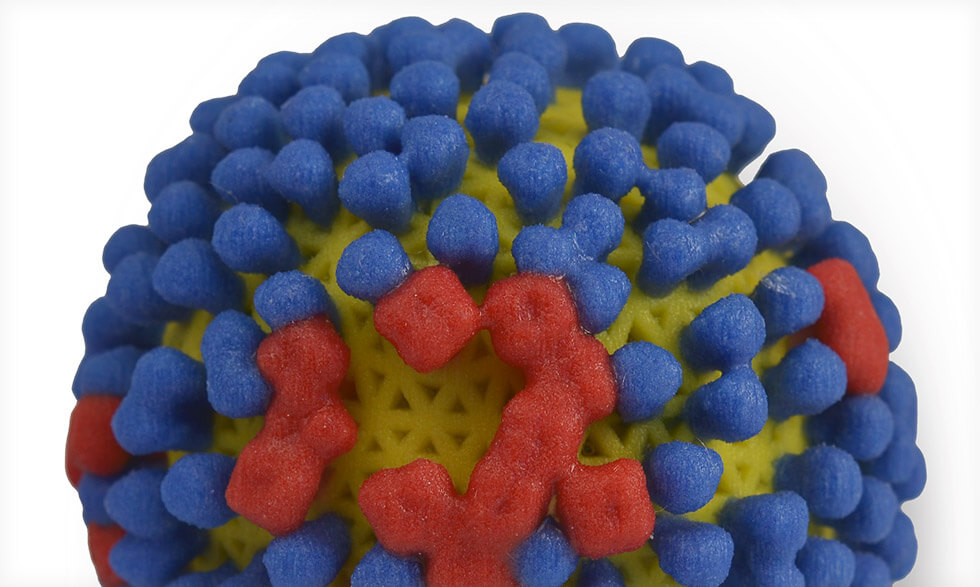Health Topics

Study offers clues for improving seasonal flu vaccine
The 2017-2018 flu season was rougher than most. During peak flu activity in February, more than 10 percent of deaths in the U.S. were attributed to the flu or pneumonia, according to the Centers for Disease Control and Prevention.
To help combat the flu, NIH-supported researchers are exploring how to improve vaccines. Current influenza vaccines mainly target the influenza surface protein hemagglutinin (HA) but can sometimes offer varying or limited protection.
Recent studies indicate that seasonal flu vaccines might provide better protection if they were optimized to include an additional target, a different flu surface protein called neuraminidase (NA).
The study is supported by the National Institute of Allergy and Infectious Diseases. This study and related efforts are part of NIH's larger plan to develop a universal vaccine—one that can durably protect all age groups against multiple strains of the flu.
Remember to get your seasonal flu shot every year to help protect yourself and your loved ones.







